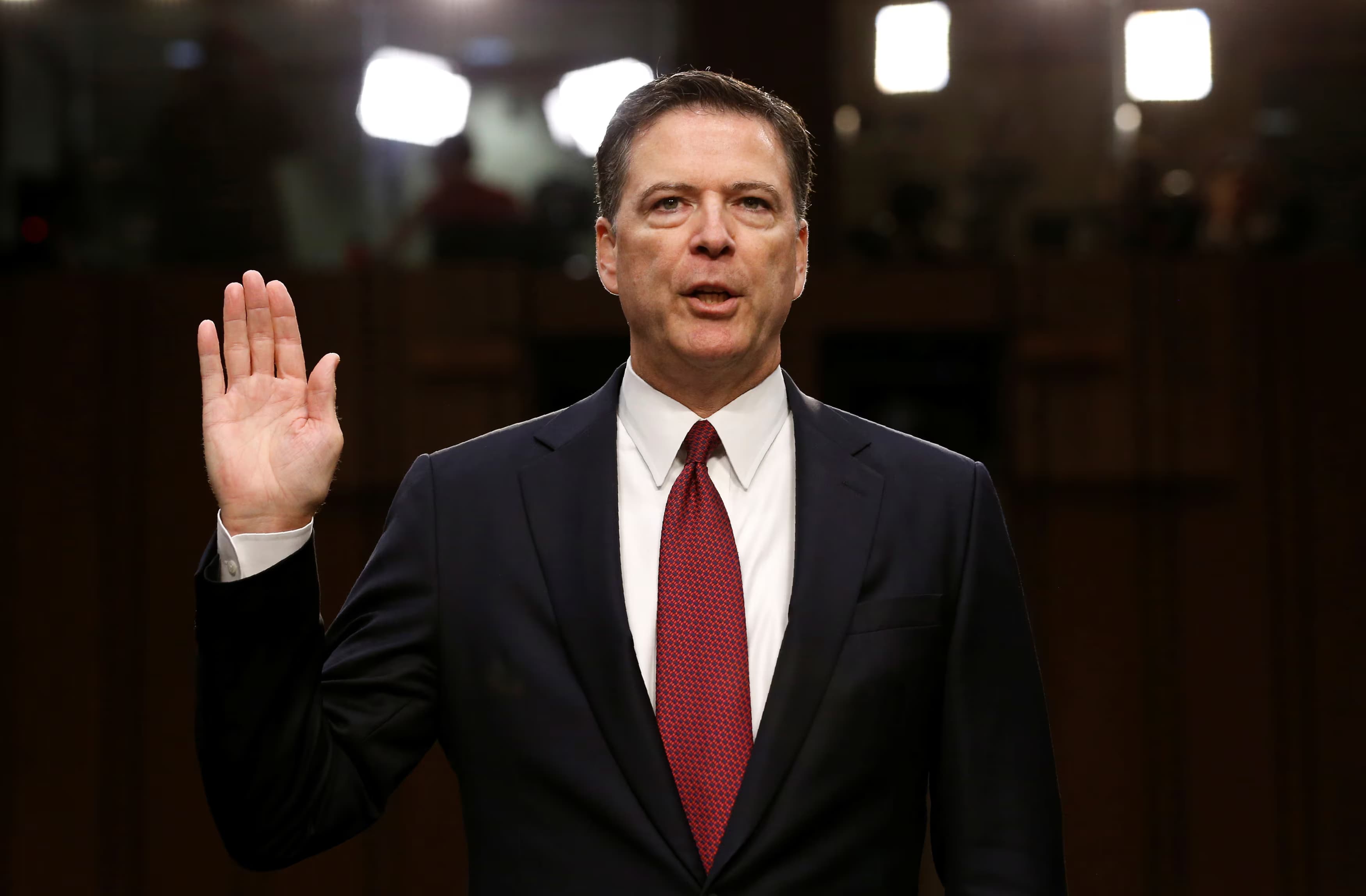We're loading the full news article for you. This includes the article content, images, author information, and related articles.
A US-backed UN address by rapper Nicki Minaj on alleged Christian persecution in Nigeria thrusts the West African nation's complex security crisis into the global spotlight, raising critical questions for Kenya on sovereignty and the role of foreign actors in continental affairs.

GLOBAL – In a move blending celebrity activism with international diplomacy, US-based rapper Nicki Minaj is scheduled to address the United Nations headquarters in New York on Tuesday, 18 November 2025. The speech, arranged by the White House, will focus on the alleged persecution of Christians in Nigeria, placing one of Africa's most complex internal conflicts onto the world's foremost diplomatic stage.
The event was confirmed on Monday by Michael Waltz, the US ambassador to the UN, following initial reports from a Time journalist. In a post on X (formerly Twitter), Waltz praised Minaj as a “principled individual who refuses to remain silent in the face of injustice.” He stated he was grateful she was “leveraging her massive platform to spotlight the atrocities against Christians in Nigeria.” The collaboration was reportedly arranged by Alex Bruesewitz, an adviser to US President Donald Trump. Minaj accepted the role, stating on social media, “I am so grateful to be entrusted with an opportunity of this magnitude... The Barbz & I will never stand down in the face of injustice.”
The address follows Minaj's public support for a statement from President Trump condemning the Nigerian government's alleged failure to protect its Christian population. On 31 October 2025, the Trump administration designated Nigeria a “Country of Particular Concern” (CPC) for violations of religious freedom, a move that enables sanctions.
While the UN address focuses on religious persecution, the reality of the violence in Nigeria is deeply multifaceted. Numerous reports from human rights organizations depict a severe security crisis driven by various actors, including Islamist insurgencies, armed banditry, and long-standing resource conflicts between farmers and herders.
According to a 2025 report from the International Society for Civil Liberties and the Rule of Law (Intersociety), at least 7,087 Christians were killed in Nigeria in the first 220 days of the year. The US-based non-governmental organization Open Doors stated in a report that between October 2022 and September 2023, 4,118 Christians were killed and 3,300 were abducted in the country. However, many analysts and the Nigerian government caution that framing the violence as purely religious is an oversimplification. Human Rights Watch's 2025 World Report details extensive violence from so-called bandit gangs and farmer-herder clashes in the North-central and Northwest regions, which often have ethnic and economic roots but manifest along religious lines. Both Christians and Muslims have been victims of attacks by extremist groups like Boko Haram and its offshoot, the Islamic State in West Africa Province (ISWAP).
The Nigerian government has consistently rejected the narrative of state-sponsored religious persecution. Following President Trump's CPC designation, Nigerian President Bola Ahmed Tinubu's administration stated the characterization was inconsistent with facts, reaffirming its commitment to fighting extremism and protecting all citizens regardless of faith. Nigeria's Foreign Minister, Yusuf Tuggar, has argued that resource-based tensions are being distorted by interest groups to fit a persecution narrative.
This high-profile, US-led intervention in the internal affairs of a major African nation carries significant implications for the continent, including Kenya. Kenya and Nigeria are influential regional powers and maintain robust diplomatic and economic ties, having signed multiple bilateral agreements covering trade, security, and investment. The precedent of a foreign power using the UN platform to amplify a specific narrative about an African state's internal security challenges is being watched closely in Nairobi and Addis Ababa.
The African Union (AU), of which both Kenya and Nigeria are key members, operates on a foundational principle of non-interference in the internal affairs of member states, though this has evolved to allow for intervention in cases of war crimes or genocide. The AU's Peace and Security Council is the primary continental body for conflict resolution. In response to President Trump's threats of military action, the African Union Commission released a statement emphasizing Nigeria's sovereign right to manage its internal affairs and cautioned against external interference.
For Kenya, which has faced its own complex security threats from groups like Al-Shabaab that have targeted civilians based on religion, the situation in Nigeria serves as a cautionary tale. The internationalization of Nigeria's conflict via celebrity advocacy backed by a superpower highlights a new dynamic in global politics. It raises questions about how African nations can maintain control over their national narratives and security responses while engaging with international partners. The developments will undoubtedly inform strategic discussions within the East African Community and at the AU on how to collectively manage internal conflicts and engage with global powers on matters of African peace and security.
Keep the conversation in one place—threads here stay linked to the story and in the forums.
Sign in to start a discussion
Start a conversation about this story and keep it linked here.
Other hot threads
E-sports and Gaming Community in Kenya
Active 9 months ago
The Role of Technology in Modern Agriculture (AgriTech)
Active 9 months ago
Popular Recreational Activities Across Counties
Active 9 months ago
Investing in Youth Sports Development Programs
Active 9 months ago
Key figures and persons of interest featured in this article